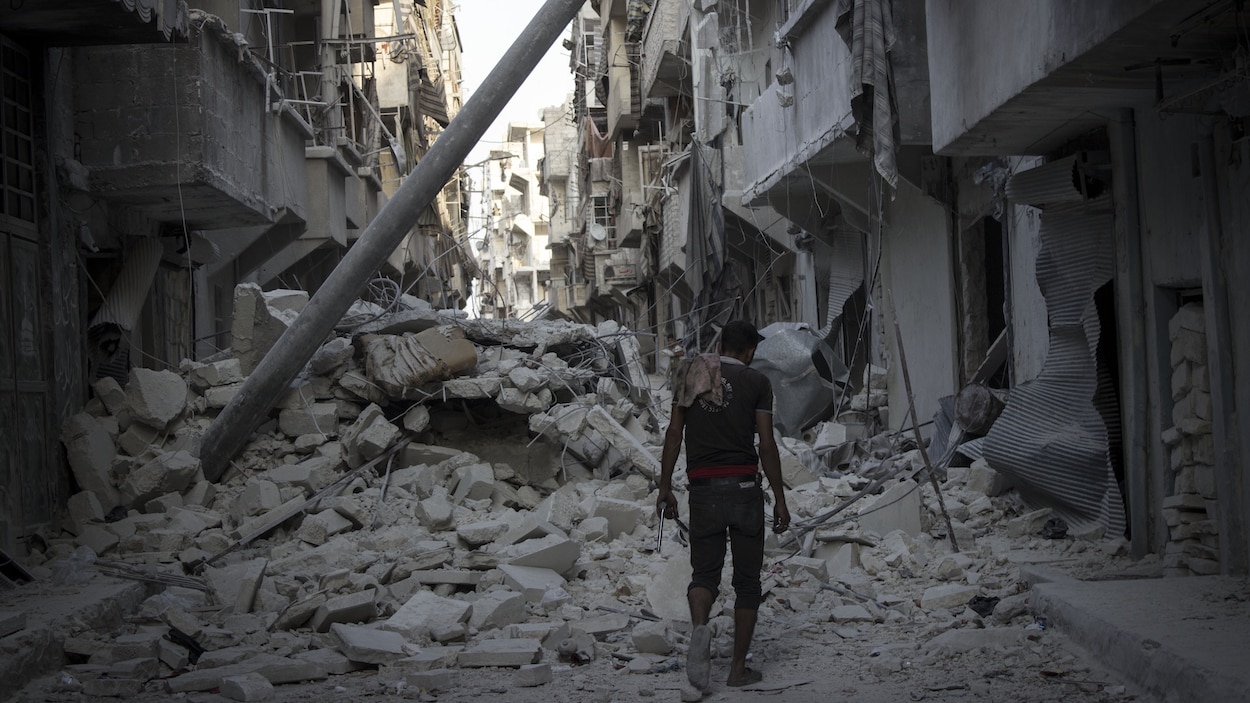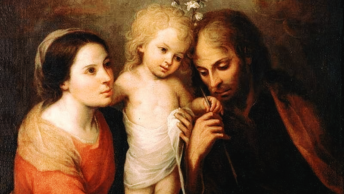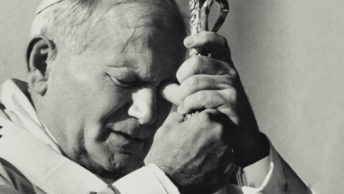Every day the media bring into our living rooms immediate images of harrowing pain, hardships and death. They are images of events close to us or from faraway lands: from Iraq to Afghanistan, from Syria to Yemen and several troubled spots in Africa as well. We love Jesus too much to be able to turn away from those horrible scenes unfazed, unaffected.
One of the most painful aspects of our empathy for these unfortunate people must be our powerlessness to do something tangible and concrete to alleviate their sufferings over and above a prayer and the occasional donation. The readings for the Third Sunday of Easter underscore a very comforting truth: God notices and appreciates even our most modest efforts and signs of caring. God can also, at the same time, redress our misguided efforts and bring about something good out of our errant ways.
Peter’s audience, (cf. Acts of Apostles 3:13-19) acting out of misguided good intentions and ignorance, crucified Jesus Christ, but God raised him up because it is impossible for God to let death and sin keep us under their hideous domain. The Lord doesn’t look at us, at our Church, with detachment, as an impartial news reporter would look at us in order to file an unbiased report. No, our Lord looks at us knowing and enjoying with anticipation what we are called and meant to be, whenever we will be ready to embrace his peace. He rejoices in the people we shall become once all our fears, hesitations, doubts and errors will have been uprooted, destroyed and replaced by his shalom.
Our Lord looks at us with immense hope that turns right away into infinite gentleness and tenderness. His is not a sterile prediction but already a foretaste of what he is about to do in us, for us, with us. Truth be told, we already have within our share of experiences, examples (albeit modest due to our timid expectations) of this vision of a glorious future. Think, for instance, of the dreams you dreamed the day you fell in love with your spouse; on the day of your children’s graduations; when you moved into your new home. You saw with the eyes of a lover all that your beloved will have been one day, and more besides.
It should not surprise us that God looks at us with so much hope because of the enormous emotional investment he has in our well being. St. John (cf. 1 John 2:1-5) reminds us of that: were we to fail and sin, we have the most successful Lawyer, Advocate in Jesus. He is committed to our cause to the point of dying; he is successful to the point of defeating even death. And as the best Advocate that he is, the Lord shows up to allay our fears and assures us that everything will be OK.
Notice the first words of the Gospel of Luke (24:35-48): While they were still speaking about this.
It is the “now” of God: we are, at every moment of our life, under his constant care and watchful eye.
It is this present, his present, in which he draws near us.
It is this present, his present, in which he anticipates our uneasiness and discomfort.
It is this present, his present of love, in which he takes the initiative and offers us his peace.
It is not just a perfunctory attempt to calm us down, but the goal he intends to achieve once he will be done working on our hearts with his Holy Spirit. The result will be total harmony, serenity, tranquillity, peace.
Invariably he finds us absorbed in our problems. Indeed we carried them into our church at this time because they are part and parcel of who we are. They engross us and lead us to believe that we are seeing a ghost. They also keep us in our sadness, away from his peace.
His efforts to reassure us are very simple and very effective. He does it through a meal. Funny, it is the very same way our mom or grandma used to settle us down when we were kids. They did it with a warm bowl of home-made soup, milk and cookies, a slice of our favorite pie. It is through a meal that we welcome him back into our shaky and panicky group; it is through a meal that we become his family again; it is through a meal that we rediscover that we can count on him, on each other and that we are protected and cared for. As that begins to happen, he shows us his wounds on his wrists, on his feet, on his side.
Hence, now we have another reason for coming to church every Sunday, to be family with Jesus. Our ancestors offered him some baked fish; we offer him bread and wine and the collection basket filled with the fruits of our labor and our plans, dreams, aspirations as well as our limits and setbacks.
Now we know that we, too, without shame, can show him our wounds, our scars, our hurts. Everything will be OK.
With him we are walking toward peace, towards his shalom because he is the Resurrection and the Life; because he becomes the Bread for the journey, the Drink that gladdens our hearts.
This is the way God brings about, gradually, every Sunday, our transformation—our resurrection.
This is how God walks with us from where we are at, to where he wishes us to go.
This is how God realizes his dream of love and glory for each one of us, his children.
This is how God makes us Christ-like: we in him, he in us.
Before the Eucharist, we feel the weight of our frustrations, difficulties, vain efforts and problems. After receiving him in Holy Communion, we shall be “different,” transformed: we shall be divine in spite of our human frailty. And we shall feel pretty confident that we can share this unique experience with all we meet.








